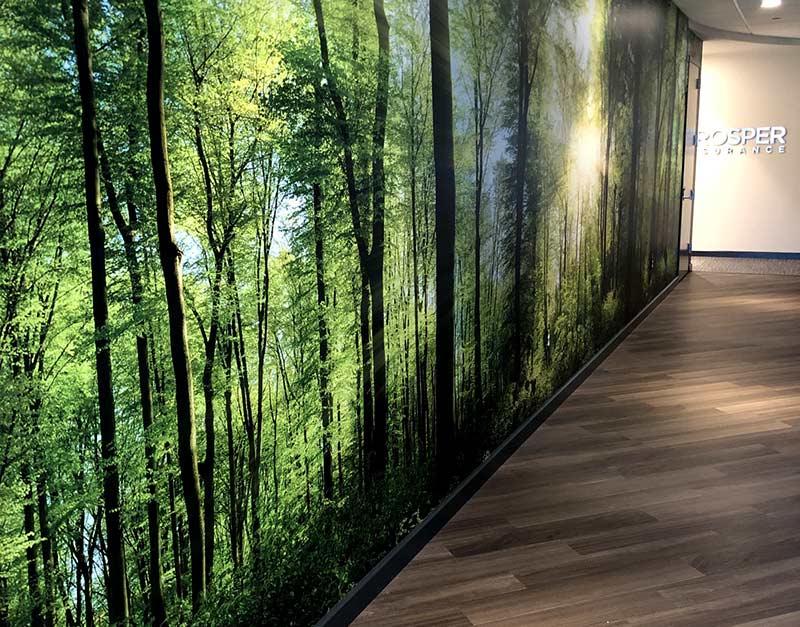Gap insurance comes to the rescue if your vehicle is totaled or stolen, and you owe more on it than what it’s worth. It’s an optional coverage which means it does not come standard on your auto policy. BTW- gap insurance is also referred to as loan/lease gap insurance. There’s a lot to know about gap insurance, so let’s dive in.
How It Works
The minute you drive off the lot in your sweet new ride, that new vehicle loses some value. In fact, it can lose around 20% to 30% total in the first year. After that, the car’s value will continue to decline. This is called depreciation. If you finance or lease a vehicle, this depreciation leaves a gap between what you owe and the car’s value. So, if your car is totaled or stolen, standard auto insurance will only pay for the value of the car at the time of the incident. That means you’re responsible for paying the difference between the car’s current value and the amount of your car loan.
This is where gap insurance comes in handy. Gap insurance pays for the difference between the value of a car at the time it’s totaled or stolen and the balance of its loan or lease. Here’s an example. Let’s say you owe $25,000 on your loan, and your car is only worth $20,000 when it’s stolen or damaged. Your policy’s loan/lease payoff coverage covers that $5,000 gap, minus your deductible. Keep in mind, gap insurance doesn’t cover other property or injuries as the result of an accident, nor does it cover engine failure or other repairs.
Why Do You Need It?
When there’s a significant difference between your car’s value and what you owe on it, gap coverage is valuable. Consider buying gap coverage in these instances:
- You’re leasing your car: Lenders may require gap coverage on leased vehicles.
- You made a lower down payment on a new car: If your down payment is less than 20%, you could end up with negative equity on the vehicle as soon as you leave the dealership.
- You have a long financing term for your vehicle: The longer your vehicle is financed, the better the chance of owing more on the vehicle than it’s worth.
- Protect yourself against depreciation: Some cars have a higher depreciation rate than others. Knowing the average depreciation for your vehicle could help determine if you need gap coverage.
Need Gap Insurance?
Interested in purchasing gap insurance for your new car? We’re happy to help!
Call Now


